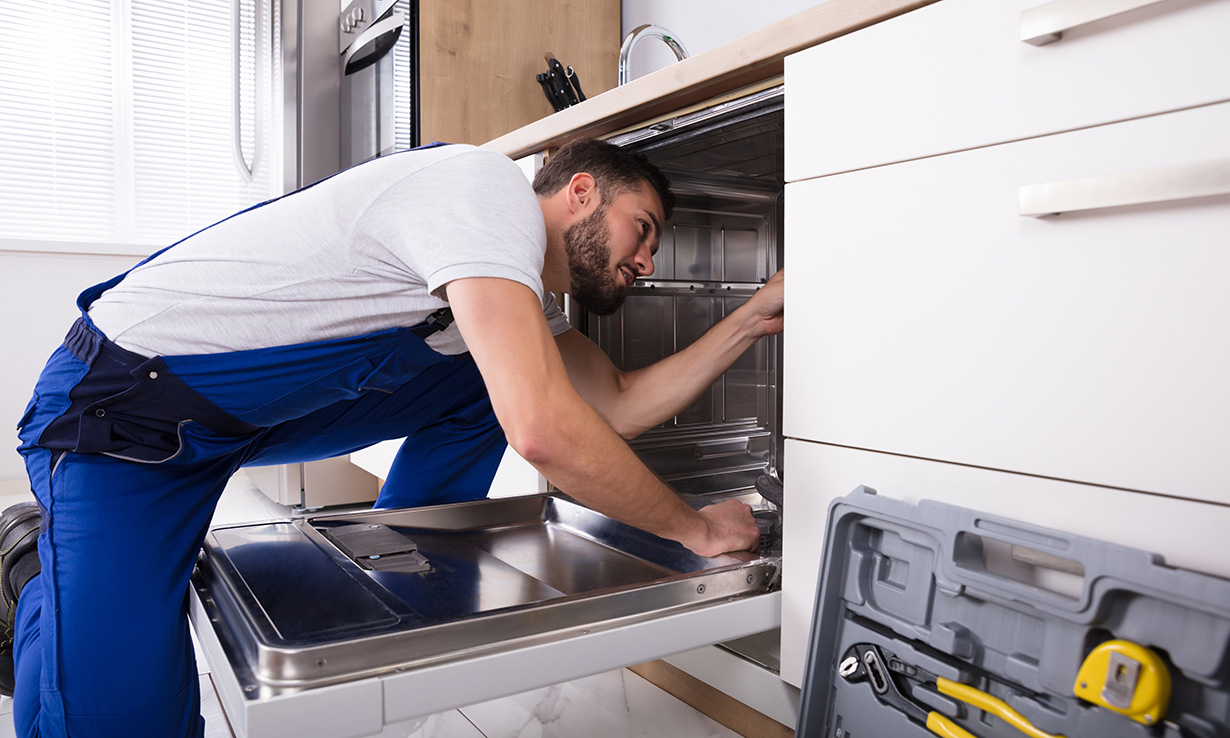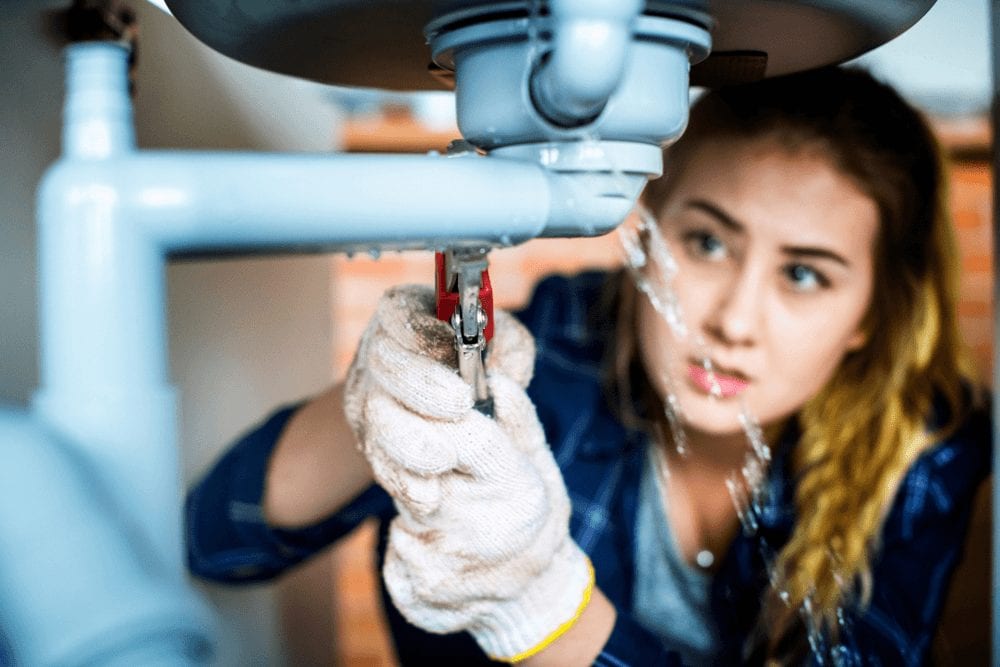Article
We have discovered this article pertaining to Leak Detection and Repair Without Destroying Your Home directly below on the internet and concluded it made sense to discuss it with you on this page.

The secret to long lasting devices, unsurprisingly, appertains upkeep. There's no set rule that can ensure your plumbing home appliances a lengthy wear, however you can prevent unnecessary damage and also repairs by avoiding bad plumbing habits.
You must quit doing these 6 points else you'll maintain calling your plumber over for minor faults.
Purging whatever
Yes, your bathroom drain causes the sewers, however that does not mean you ought to dispose simply anything down the drain. Several 'flushable' products are in fact fantastic clog beginners, as an example dental floss. Asides keeping evident non-flushable materials like cables and also plastics out of your commode, you should additionally stay clear of flushing cotton buds, menstruation items, wipes, daipers and also condoms down the commode drain.
Putting grease in the sink
We understand correctly getting rid of oil after a hearty meal is a pain. However just putting it down the drain can do lasting damage to your pipelines. "The fat as well as oil can block your drainpipe badly enough to force you to call a plumber," describes Dawson. "Plumbing works best when it's well taken care of-- not abused with grease."
Making use of too much drain cleaner
Utilizing a drainpipe cleaner more than once or twice a month is an indication that something severe is taking place within your pipes. Currently, rather than encountering the main issue, you go with a quick fix; a carbonated drainpipe cleaner. Rightfully, a drain cleaner will take care of the clog, however at what expense?
The chemicals in a drain cleanser can quicken the deterioration of your pipelines. Add that to whatever underlying trouble is triggering the blockage as well as you may have to a significant issue on your hands.
If you experience a lot of clogs, call your emergency plumber instead of utilizing a drain cleaner.
Not washing meals prior to loading them right into the dishwashing machine
it's called a dishwasher, but throwing in meals, pots, and frying pans covered in huge food particles can in fact cause some significant damages to the appliance, leading to long-lasting issues down the line. "Home owners might need to get their dishwashing machine fixed more frequently if they do not rinse their dishes before filling, or a minimum of remove bigger food pieces," explains Audrey Monell, proprietor of Forrest Anderson Plumbing as well as Air Conditioner in Glendale, Arizona. "Food that obtains stuck on recipes triggers the dish washer to function harder, which can wear down components much faster, causing troubles."
DIYing every little thing
With plumbing, a stitch in time actually does conserve 9. You can stop a fullblown plumbing emergency by calling your plumber at the correct time.
You may have discovered a few plumbing hacks from your father, but you ought to know where to draw the line and call an expert. For instance, you may be able to deal with a blockage on your own, but you shouldn't try to alter a pipe. You might mismatch pipes or overtighten a bolt, causing more injury and also damages than you believed. Calling a plumber is a risk-free as well as budget-friendly decision.
Not changing your dishwasher hoses
One very easy method to guarantee that you utilize your dishwashing machine for many years is to change the pipe at least as soon as in five years. This additionally gets washing equipment hose pipes.
With time, food particles, soap and also grease can develop obstructions within your pipes. Replacing them promptly will stop any kind of presure build up that can damage the interior operations of your dishwasher or washing device.
A reinforced steel entwined tube does an excellent task of lengthening your device's use time.
No winter months preventative measures
Extreme climate condition are bad for your pipes, particularly if they're made from steel. You should shield your revealed pipes, and your water container, even if you have a hot water heater. You ought to likewise switch off your garden pipe shutoff and also any other external water channels. These channels are electrical outlets for cold; you pipes can begin to ice up from outside if you do not.
How Hard Water Damages Your Plumbing and Appliances
Hard water is no stranger to most households across America. This silent invader affects 85% of homes in the United States every day, wreaking havoc on pipes, plumbing fixtures, and water-using appliances.
Should you become a victim of hard water, you must understand exactly what it is and how it affects your plumbing and appliances. This will help you determine the correct measures to put in place to fix or prevent any problems that may arise.
First off, what exactly is “hard” water?
In short, “hard water” is used to describe water that contains relatively high amounts of dissolved minerals, primarily calcium and magnesium, and a host of trace metals. When rainwater falls from the sky (usually in a pure form), it absorbs the hardness minerals from rocks and soil, which changes it from soft to hard water.
What about my plumbing and appliances?
Mineral deposits from hard water can cause buildup on tubs, shower, sinks, faucets. But that’s only a small scratch of the surface. Those minerals can gradually build up inside pipes, fixtures, water heaters, washing machines, and dishwashers. Once they accumulate in those areas, they can clog pipes and create major problems throughout your plumbing system, from reduced water flow to increased pressure on pipes and fixtures.
This limescale buildup might affect some appliances, causing them to operate less efficiently and wear down faster. And the result? Higher energy bills, more (costly) plumbing replacements and repairs, and damaged appliances.
Keep in mind that certain types of plumbing are more susceptible to clogging than others. Copper, PVC, and PEX pipes are more resistant to hard water buildup and corrosion, but they can still get clogged or completely blocked by scale deposits.
How do I know if my water is hard?
White limescale buildup on plumbing fixtures (or any of the other signs mentioned above) is usually a good sign that your water is hard. If you suspect that you have hard water, you can simply shake up a small amount of dish soap and water in a closed container. If the mixture doesn’t create a lot of suds, you probably have hard water.
The most precise method, however, is to test your water with a DIY test kit (sold online or at local home centers or hardware stores) or send a water sample from your tap to a local lab to be tested. Be sure that you understand the nature of the test, the water condition being measured, and the significance of the test results.
Another way to obtain an estimate of water hardness is to check your annual water quality report to see if your water provider has reported any instance(s) of water hardness in your water supply.
https://www.springwellwater.com/how-hard-water-damages-your-plumbing-and-appliances/

Do you really like reading about Don’t Let an Earthquake Damage Your Plumbing? Leave a short review down below. We'd be pleased to listen to your opinion about this review. We hope that you visit us again later on. So long as you enjoyed our page plz make sure you remember to share it. Thanks a bunch for your time. Kindly stop by our blog back soon.
Schedule Service Pickup